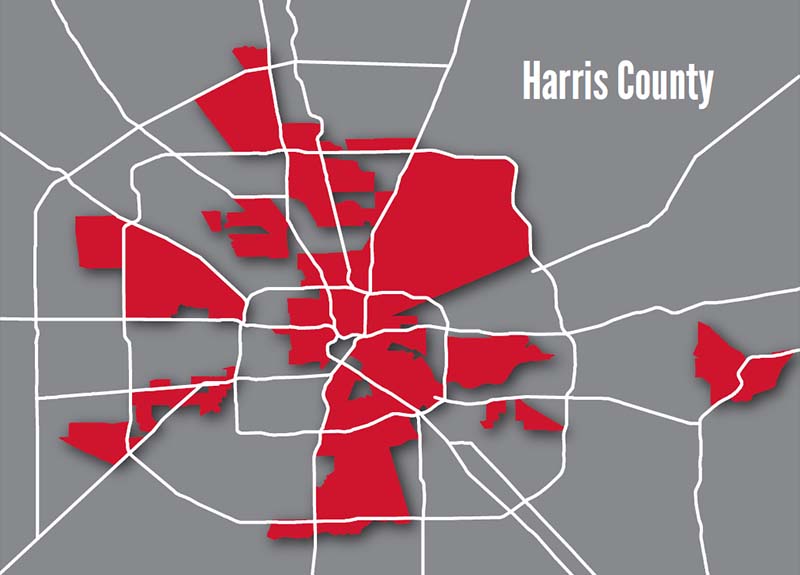PROGRAMS
The Tilman J. Fertitta Family College of Medicine employs bold, cutting-edge techniques to address the most pressing health crises of today. Our education focuses on identifying the social determinants of health, socioeconomic and environmental factors that have a profound impact on health outcomes andeliminating health disparities in urban and rural communities that face dire doctor shortages. The Fertitta Family College of Medicine’s unique and innovative curriculum trains students to practice high-quality, high-value, patient-centered care through a variety of hands-on experiences and programs integrated with the local community.
The programs below are made possible through the generous support of donors. We welcome your participation.
HOUSEHOLD-CENTERED CARE PROGRAM
The Household-Centered Care Program is a partnership between Community Health Workers from Healthy Connections and UH medicine, nursing and social work students who serve the local community. These students come together to support families in the East End and Third Ward, two Houston neighborhoods near UH that tend to experience poor health outcomes. In their work with these families, they use social health, an approach to care that considers a person’s environment, behaviors, diet and means, to understand the best course of treatment.
SOAR PROGRAM
Through the Shadowing Opportunity and Application Resource Program, the Fertitta Family College of Medicine aims to empower undergraduates to pursue careers in medicine. The program pairs scholars with practicing physicians for mentoring and work experience. Under the doctors’ supervision, the students gain experience in a clinical setting. They also receive guidance on how to prepare for medical school applications.
GREATER HOUSTON AFFILIATED FACILITIES & VOLUNTEER FACULTY

The Fertitta Family College of Medicine has over 700 volunteer faculty and 50 full-time faculty. These physician research collaborators and educators are vital partners to the development and delivery of medical education programs and experiential training of our students. In partnership with community clinics, hospitals, the Texas Medical Center and the Harris Health System, students have hands-on experience with populations that are medically underserved and are at risk of receiving equitable health care. This community-based approach to medical education and training is a necessary pathway to closing the gap in Primary Care Physicians in Texas.

